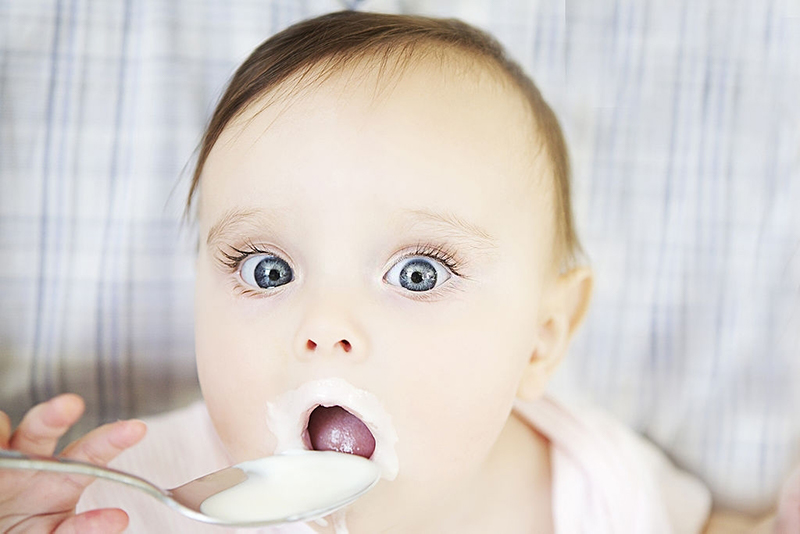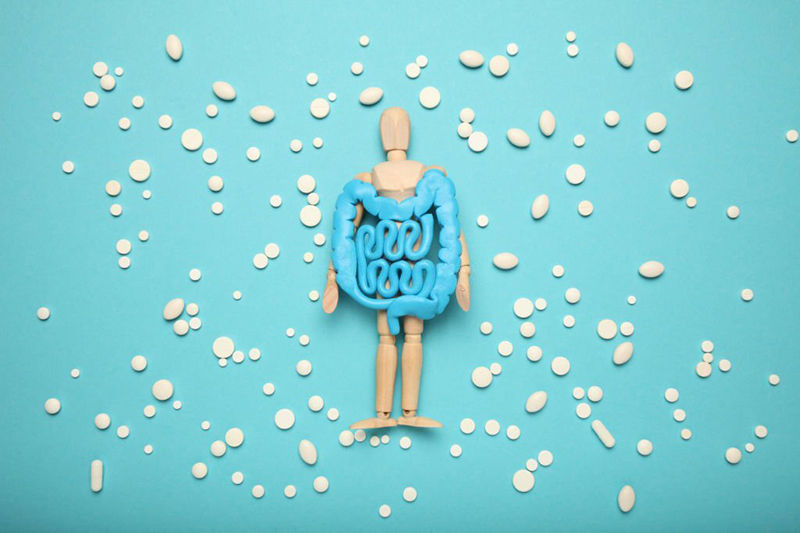Probiotics and Mental Health: Can Healthy Bacteria Affect Our Mood and Emotions
Probiotics are live microorganisms that provide health benefits when consumed in adequate amounts. They are naturally found in fermented foods such as yogurt, kefir, and kimchi. However, probiotics are also available in supplement form and can be easily incorporated into one’s diet.
While most people associate probiotics with digestive health, there is increasing evidence that these beneficial bacteria can also have a positive impact on mental health.
The Gut-Brain Connection
The gut-brain axis is a bidirectional communication system that links the central nervous system (CNS) to the gastrointestinal (GI) tract. The gut is often referred to as the “second brain” due to the complex network of neurons it contains, known as the enteric nervous system (ENS).
The ENS plays an important role in regulating the functions of the GI tract, but it also communicates with the CNS via the vagus nerve. This communication pathway allows for the exchange of signals between the gut and the brain and plays a crucial role in regulating various bodily functions.
Research has also shown that the gut microbiota, which consists of trillions of microorganisms, can influence the gut-brain axis. The microbiota can signal to the brain via the vagus nerve and through the release of various neurotransmitters and hormones.
Probiotics and Mental Health
Given the link between the gut-brain axis and mental health, some researchers have hypothesized that probiotics may have a positive impact on conditions such as anxiety and depression.
There is growing evidence that specific strains of probiotics may be beneficial for mental health. For example, a 2015 study published in the journal Brain, Behavior, and Immunity found that participants who consumed a specific probiotic strain (Bifidobacterium longum NCC3001) had reduced symptoms of depression and anxiety compared to those in the placebo group.
Similarly, a 2017 study published in the journal Gastroenterology found that a probiotic supplement containing Lactobacillus helveticus and Bifidobacterium longum reduced symptoms of depression, anxiety, and stress in individuals with irritable bowel syndrome (IBS).
While more research is needed to fully understand the relationship between probiotics and mental health, these studies suggest that these beneficial bacteria may have some anti-inflammatory and anti-anxiety properties.
Other Benefits of Probiotics
While mental health is an exciting area of research, it is important to note that probiotics have a wide range of other health benefits as well.
For example, probiotics have been shown to improve digestive health by reducing symptoms of bloating, constipation, and diarrhea. Additionally, probiotics may help boost the immune system by promoting the production of antibodies and activating immune cells.
Other potential benefits of probiotics include reducing the risk of certain types of infections, improving skin health, and even reducing the risk of certain types of cancer.
How to Incorporate Probiotics into Your Diet
If you are interested in incorporating probiotics into your diet, there are a number of ways to do so. One of the easiest ways is to consume fermented foods such as yogurt, kefir, and sauerkraut. It is important to choose products that contain live and active cultures, as not all products on the market do.
If you do not consume enough fermented foods, you may also consider taking a probiotic supplement. These supplements come in many different forms, including pills, powders, and drinks. When choosing a supplement, be sure to do your research and choose one that contains the specific strains of probiotics shown to have health benefits.
Finally, it is important to note that probiotics should be consumed regularly to have the most benefit. Remember to include them as part of a healthy and balanced diet, and talk to your healthcare provider before starting any supplementation regimen.
Conclusion
Probiotics are an exciting area of research, with increasing evidence suggesting they may have a positive impact on mental health. While we still have much to learn about the relationship between the gut microbiota and the brain, these beneficial bacteria offer a wide range of other health benefits as well. If you are interested in incorporating probiotics into your diet, consider consuming fermented foods or taking a supplement under the guidance of your healthcare provider.







